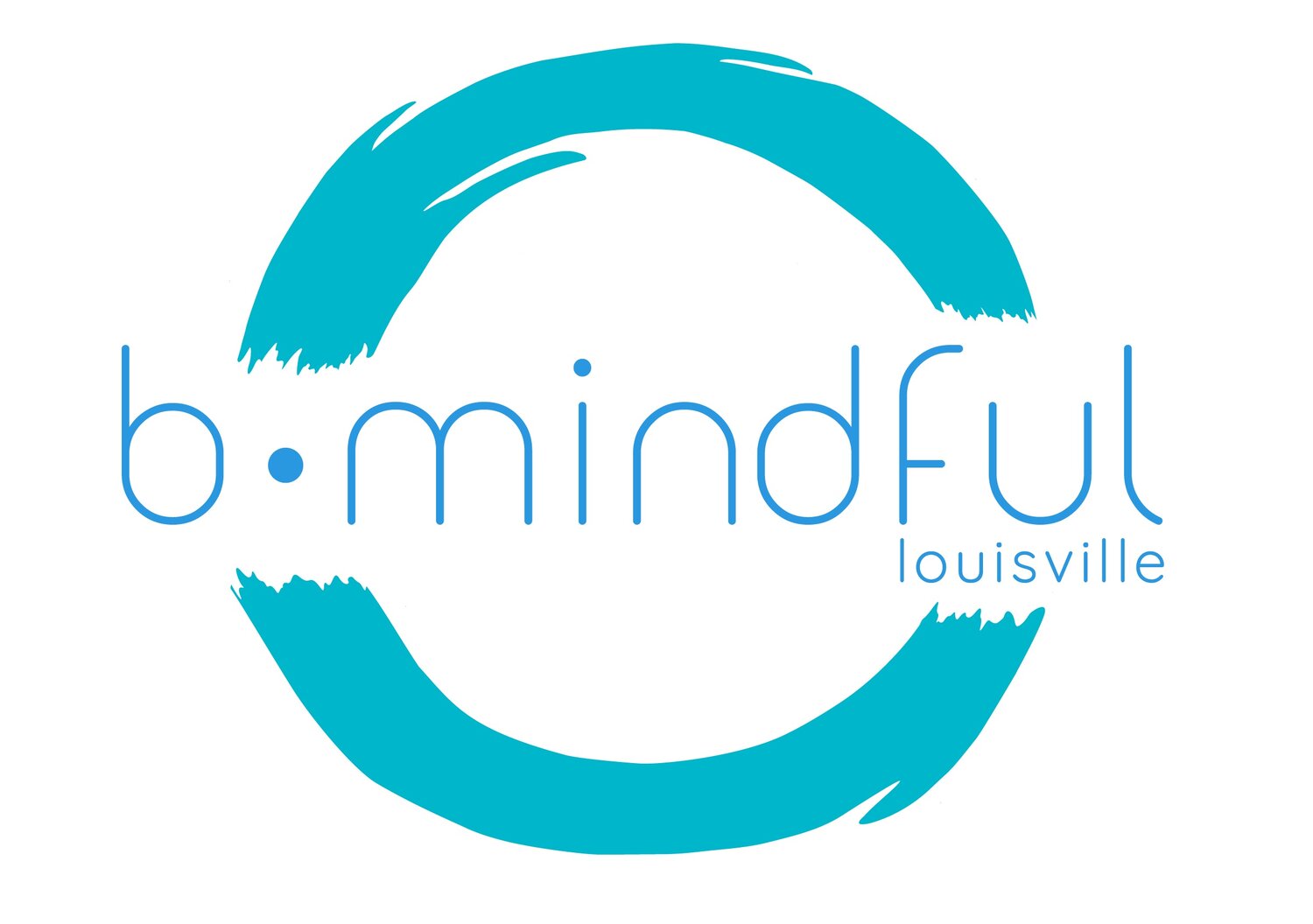Networking Categories
/Networking is typically used in a very general or vague way and as mental health and wellness professionals we don’t typically spend much time digging deeper into how networking could benefit us or others.
For those of us who want to dig deeper, the broadness of “networking” can be confusing. It makes us feel like we have to network with anyone and everyone, and then we get overwhelmed and just don’t network with anyone (which isn’t helping anyone).
In order to avoid getting completely overwhelmed we first need to spend time thinking about our ideal clients.
Who they are…
What they do…
Where they hang out…
Who they interact with…
What their hopes and dreams are…
Once we have this picture painted it’ll help narrow our lens and point us in the direction of who we should be networking with.
For example, if our ideal client is a father who has recently divorced and is struggling with co-parenting and the transition into single adulthood. I would suggest networking with divorce attorneys (an individual every person getting a divorce has to interact with) and gyms (somewhere a recently single male might join during this transitional period) over physicians or business coaches.
But if your ideal client is an entrepreneurial spirited man who struggles with “work life balance” and stress, I would network with physicians (men are more likely to seek help from medical professionals prior to mental health professionals) and business coaches (someone they may already be in contact with to assist them in building their company) over gyms and coffee shops.
Below we will outline and break down the specific networking categories for mental health professionals.
1.Community Groups
Group of individuals from like-minded and different occupational backgrounds than you, coming together for a common purpose (networking, volunteering, advocacy…).
It can be very beneficial to be one of the (if not the only) mental health professional in the room at these events. We all know how difficult it can be to navigate the behavioral health world, therefore we can be the natural advocate for our profession as well as the connector for others. Therefore, when the individuals we network with need mental health services for themselves, their loved ones, or friends; they’ll think of us and we will be able to work with them and/or refer them to someone who is a more appropriate fit.
On the local front, you should check out:
• Young Professionals Association of Louisville (YPAL)
• Louisville Urban League Young Professionals
• Etc.
On the national front, you should check out:
• Therapists in Private Practice (TIPP)
• Etc.
2.Influencers
People, businesses, and professionals that your ideal client already has a relationship with. Idea is to build a relationship with these individuals/businesses so you can stay at the forefront of their mind when one of their clients/friends/family members is seeking mental health services you can be the first on their mind!
Examples:
Medical Providers (physicians, holistic medicine, PT, OT…)
Attorney
Accountant
Bookkeeper
CPA
Financial planner
Coffee shop
Gym (yoga studios, Crossfit,barre studios, run club, Fit 4 Mom…)
Business Coach
3.Clinical
People who do similar things to you. Maybe they have the same license as you, or maybe they don’t. Maybe they use the same theories and modalities in session as you do, and maybe they don’t. Maybe they work with the same population and niche as you, and maybe they don’t. Either way, it is beneficial for you and your business to network and be around other mental health professionals. It will provide you with an increased network of support, larger referral and consultation base and increased exposure for your business.
You can reconnect with individuals you went to graduate school with (in person or online).
You can reach out to professionals within your office building. This may be easier for those of you in a group practice with other mental health providers or those that practice out of a shared workspace such as b.mindful Louisville.
You can join local therapist exclusive Facebook page dedicated to networking.
You can join a mental health organization and attend their meetings and conferences.
You can follow and connect on social media with local providers.
You can ask other professionals to a networking coffee date.
4.Other wellness professionals
Majority of our clients are on the path to wellness and may be interested in other wellness professionals’ services before, during or after their mental health treatment. Therefore, it is important to increase your awareness and connection with other wellness providers in your community.
Including:
• Prescribers
• Psychiatrists
• Psychiatric Nurse Practitioners
• Massage therapist
• Energy work providers
• Essential oil providers
• CBD oil providers
• Life coaches
• Fitness instructors or gyms
• Nutritionist or dieticians
• Etc.
Remember that the point of networking is not to just meet as many people as possible, but to build strong, meaningful relationships with these individuals and businesses as well. Therefore, the intentionality of who you network with is just as important as how you nurture that relationship going forward.
Here at b.mindful Louisville, we only rent to licensed or certified mental health or wellness professionals. Therefore, making it easier for our tenants to naturally network, consult and refer to each other within our like-minded community. We also host bi monthly socials for our tenants to step outside the office, let their hair down and get to know each other in a non-clinical atmosphere. Our tenants love this and see heightened levels of success in their practices because of built in networking opportunities.
Shannon Gonter, Founder and Owner of b.mindful Louisville


